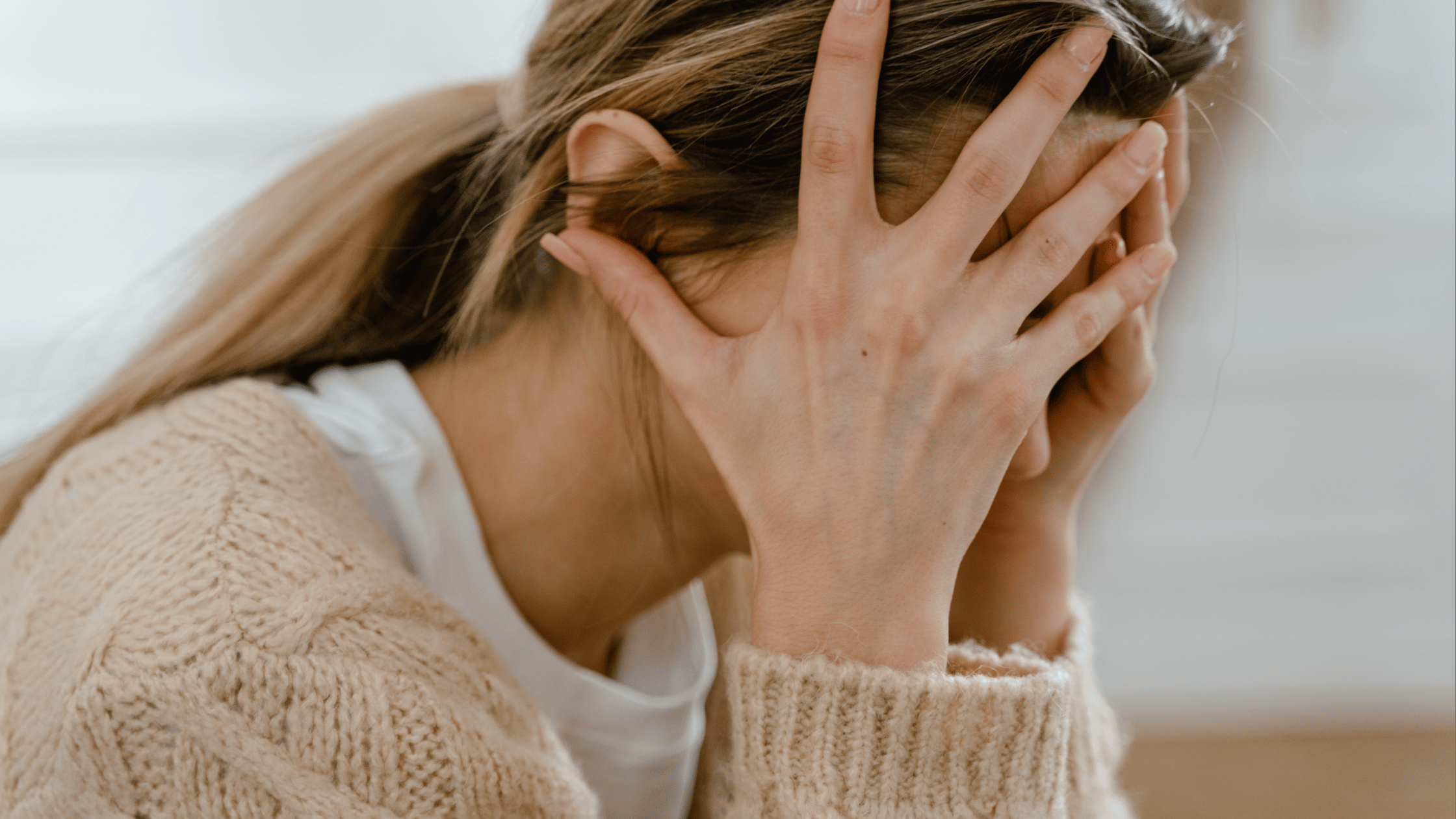How To Cope with Anxiety Without Prescription Drugs
There is a growing surge in mental disorder cases globally, particularly anxiety. When down with anxiety, many people resort to taking medication to cope with it. Fortunately, one can cope and overcome anxiety without using medications, and with full recovery in sight. Here is how and why an individual with anxiety should try to cope without a drug prescription.
Why Drugs are not the Best Way to Cope with Anxiety?
When it comes to coping with anxiety, the instinctive resolution is to take medication. But aside from very severe cases, anxiety disorders can be curbed using effective psychotherapy (psychological treatment and therapies) alongside natural coping strategies and lifestyle changes. These approaches address the root cause of the patient’s condition directly. In fact, psychotherapy has been shown to be highly effective, sometimes more so than medication, as it typically avoids the side effects associated with drugs.
Many individuals who depend solely on medication to resolve mental disorders have often become candidates for several post-clinic visits for more severe medical treatments. This is because their anxiety cases were suppressed, only to resurface later.
Individual differences also matter.
People experience anxiety in diverse ways and how they handle it depends mainly on how strongly it affects them. Thus, each person manages their feelings of anxiety in their unique way. One’s psychology and sensation is defined by one’s emotions, which will also translate to one’s method of anxiety management. Hence, an individual interprets 80% of what goes on in their surrounding based on their feelings at the time.
A child can go as far as rejecting her favorite candy because she has not been allowed access to her tablet or a viewing device. Anxiety from such a situation cannot be alleviated by drugs.
Here are 10 Proven Strategies to Cope with Anxiety without Medications
1. Begin Therapy: Therapy helps you analyze, validate, and guide your feelings to achieve an emotionally healthy lifestyle. Cognitive behavioral tests assist in identifying the negation.
Practicing mindfulness is an effective tool too in refraining from anxious thoughts. HULM handles such behavioral tests in an optimal manner.
2. Adequate Rest: Getting enough rest helps you relax and feel refreshed. This boosts mental clarity.
3. Eat nourishing foods: Good food helps build metabolism, promotes freshness, and supports a healthier body. Keeping a food log to check some foods that increase the anxiety level is also ideal. For instance, saturated fats and sugars don’t help much when one is an anxious person.
4. Reduce Caffeine and alcohol Intake: Caffeine and alcohol intake have been found to increase the risk of having anxiety. It is advisable not to consume caffeine late in the day, as it can increase the body's and brain’s activity and further make the individual anxious. On the other hand, many individuals who reduced their alcohol intake find that their anxiety levels have decreased.
5. Read a good book: Do you know that reading books helps you build better imagination and perspective on life? It increases your relatability, curiosity, and awareness of hope. Knowing that you are truly not alone, and others who have once been in a similar situation have overcome and are now thriving, aids recovery. Reading also builds muscle memory.
6. Set boundaries: Setting boundaries helps to remove further victimization or backward transition to other forms of emotional attacks.
7. Interaction with loved ones: Individuals with anxiety often feel loved and are able to lessen their pain and worries when they interact with people. This is especially true with supportive colleagues and loved ones.
8. Exercise daily: Regular exercise, alongside quality meditation, can help individuals reduce tension and stress.
9. Listening to Positive Words: A person with anxiety should always listen to positive words and talks that could help in coping with anxiety and getting back on track.
10. Practice self-love and self-care: This is a self-investment exercise that helps you refocus your attention on the healing process and prioritize your own well-being.
These psychotherapies and natural and lifestyle methods discussed are a great way to start coping with anxiety. The strategies can also be used to cope with some other mental conditions. Without medications, a complete healing can still be achieved.
Anxiety does not have to be suppressed; it needs to be known, processed, and eliminated, and please know that you can do it too. We at HULM can further assist in making this journey out of anxiety worthwhile and complete with our therapy sessions. We cater to children, couples, and adults who want to feel better…
